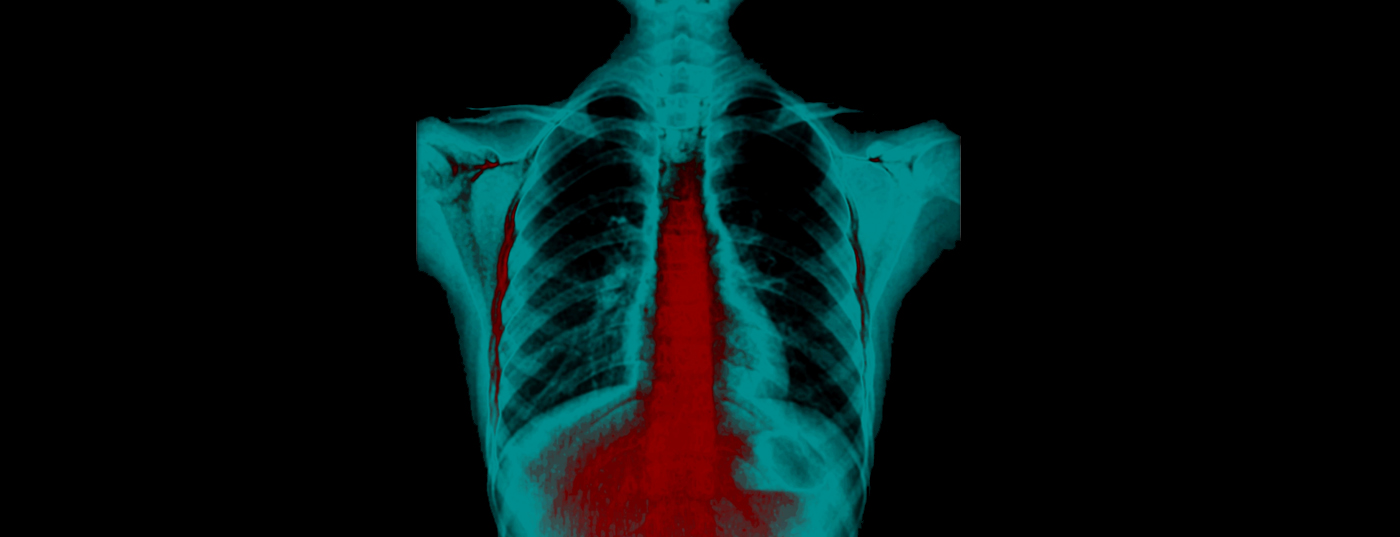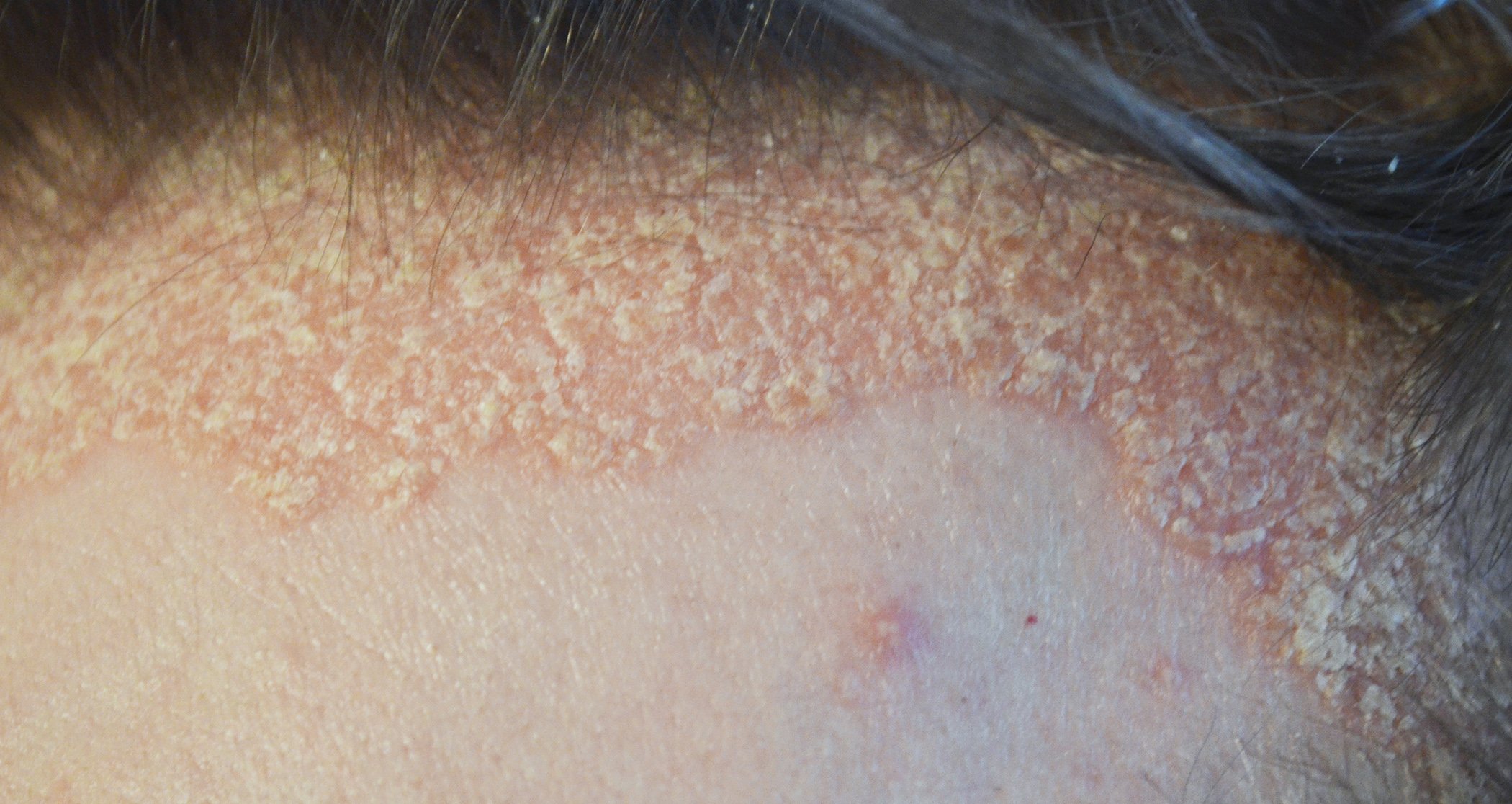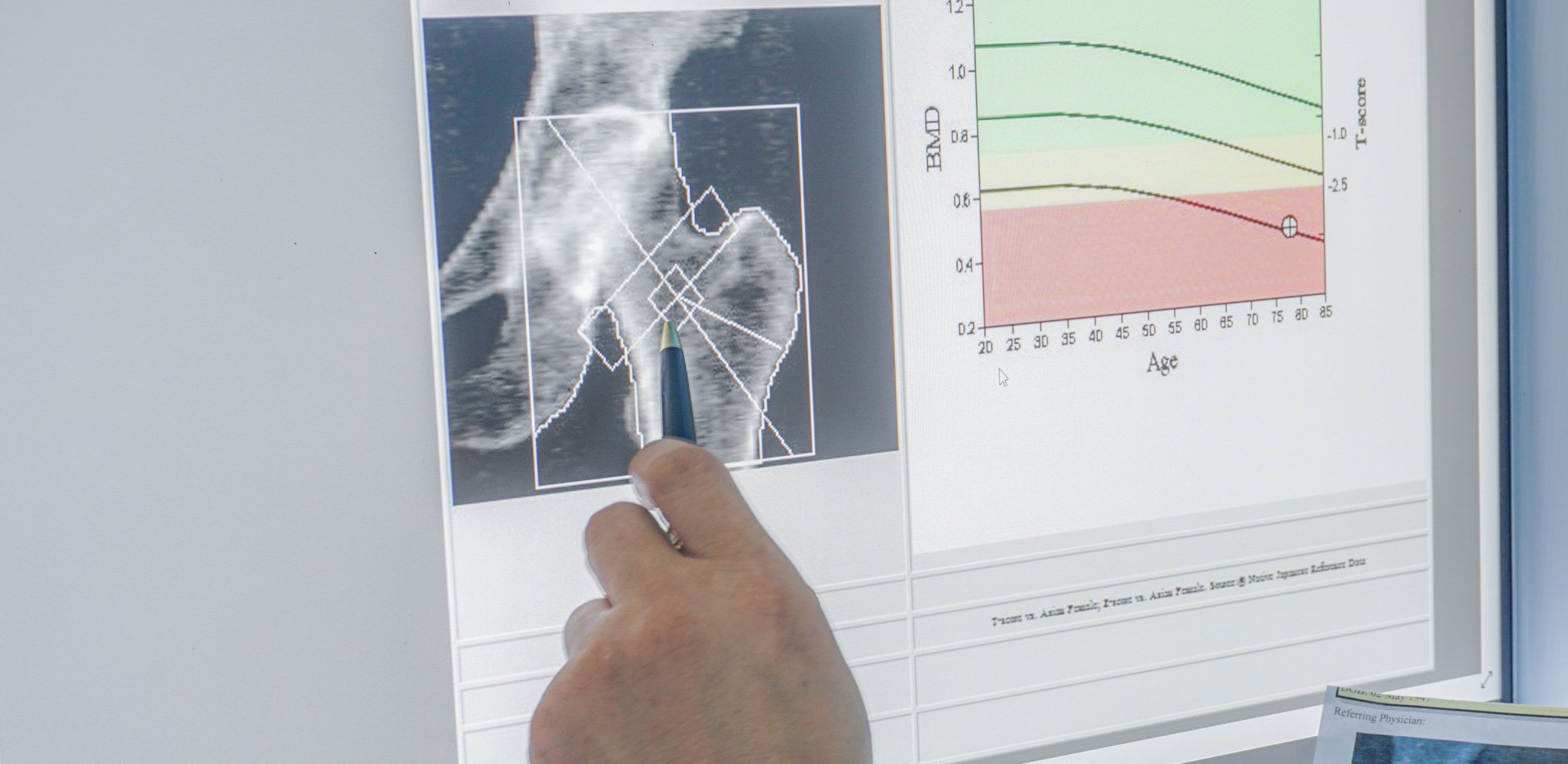A 32-year-old female patient with known GERD presents to her primary care physician’s office at 27 weeks’ gestation with increasing heartburn and regurgitation while lying down. She used to have her heartburn well under control with dietary changes.
Background information: The patient has complained of intermittent reflux symptoms for approximately 10 years. She experiences severe heartburn, especially after large meals or fatty foods, and is very aware of the connection between diet and the development of the complaint. A gastroscopy was performed eight years ago, at that time no esophagitis was found and a diagnosis of GERD without esophagitis was made. This diagnosis was also based on the fact that one-time treatment with a PPI was given for 14 days and the symptoms completely subsided under this treatment. As she progressed, the patient never returned to PPI use, but is under good symptomatic control with dietary adjustments and occasional use of OTC products, less frequently than one week per quarter. There are no other diseases or symptoms. The patient leads a healthy lifestyle with normal body weight and sufficient physical activity. Currently, the patient is in her 27th week of gestation and reports an increase in heartburn and regurgitation in recumbency over the past few weeks, which she is unable to control with diet.
Therapy and course: The possible therapy options for symptomatic treatment of reflux symptoms are discussed with the patient. A repeat gastroscopy does not seem appropriate in the current situation. Although PPIs have previously resulted in rapid and good symptom relief, she is strongly opposed to medication with a chemically defined agent because of her pregnancy. For this reason, the patient is recommended symptomatic therapy with an alginate and, because of the now persistent reflux symptoms and regurgitations at night, daily evening dosing, 30 minutes before bedtime. Alginate therapy appeals to the patient because of its perceived natural mechanism of action, so she agrees to this recommendation. In addition, she is advised to continue to follow the GERD dietary recommendations, but also not to overdo it in this regard, as this is a reversible exacerbation of long-standing GERD in the context of the existing pregnancy.
On re-presentation 3 weeks later, the patient reported that good symptom control had been achieved. She particularly likes the fact that the regurgitations that had interrupted night sleep are now very well controlled. The patient is informed that, due to the pregnancy, it is currently impossible to predict how her symptoms will develop in the further course and that the intra-abdominal pressure and thus the reflux symptoms may possibly increase again with increasing duration of pregnancy.
 Comment by Prof. Dr. med. Martin Storr: Reflux drugs can be used in pregnancy for symptomatic therapy of reflux symptoms according to recommendations of the professional societies. The indication for drug therapy follows the same rules as in patients without pregnancy. If symptoms are severe, a standard-dose H2 receptor antagonist or PPI may be prescribed. In the case of pregnancy, however, a detailed explanation of the benefits and risks as well as therapeutic alternatives should be provided prior to drug therapy. Since pregnant women are usually more sensitive to side effects of chemically defined agents, it makes sense to also consider alternative therapies with natural agents and few side effects.
Comment by Prof. Dr. med. Martin Storr: Reflux drugs can be used in pregnancy for symptomatic therapy of reflux symptoms according to recommendations of the professional societies. The indication for drug therapy follows the same rules as in patients without pregnancy. If symptoms are severe, a standard-dose H2 receptor antagonist or PPI may be prescribed. In the case of pregnancy, however, a detailed explanation of the benefits and risks as well as therapeutic alternatives should be provided prior to drug therapy. Since pregnant women are usually more sensitive to side effects of chemically defined agents, it makes sense to also consider alternative therapies with natural agents and few side effects.
GERD therapy usually consists of dietary recommendations, lifestyle changes, and intermittent short-term or long-term drug therapy when necessary. Dietary changes and lifestyle modifications lead to success in case of pre-existing unfavorable lifestyle. In the present case, such unreasonable lifestyle factors did not exist, and advice to follow an even stricter diet would not have been appropriate anyway, given the existing pregnancy.
Pregnancy as a trigger of the exacerbation of the known GERD was well recognizable in this situation and well explainable to the patient with all its consequences. In particular, the mention of the positive prognosis after termination of the pregnancy led to a noticeable sense of relief. The drug approach in this situation should be according to the symptomatology and severity. In the present case, the complaints, which can now be described as moderate, increased slowly but existed daily at the time of presentation, so that regular and consistent use of a preparation seemed appropriate. Treatment with an alginate resulted in excellent symptomatic control and fulfilled the patient’s wish not to be treated with a chemically defined agent, possibly putting her child at risk. Efficacy and tolerability of GERD therapy with alginates are well established by clinical studies in pregnancy. With a possible further increase in symptoms as her pregnancy progresses, there is still enough room at the selected dosage to increase the medication and provide good GERD symptom control during the remainder of her pregnancy.
Further reading:
- Koop H, Fuchs KH, Labenz J, et al: TGS2k guideline: gastroesophageal reflux disease guided by the German Society of Gastroenterology. Z Gastroenterol. 2014 Nov;52(11): 1299-1346.
- Lindow SW, Regnéll P, Sykes J, Little S: An open-label, multicentre study to assess the safety and efficacy of a novel reflux suppressant (Gaviscon Advance) in the treatment of heartburn during pregnancy. Int J Clin Pract. 2003 Apr;57(3): 175-179.











